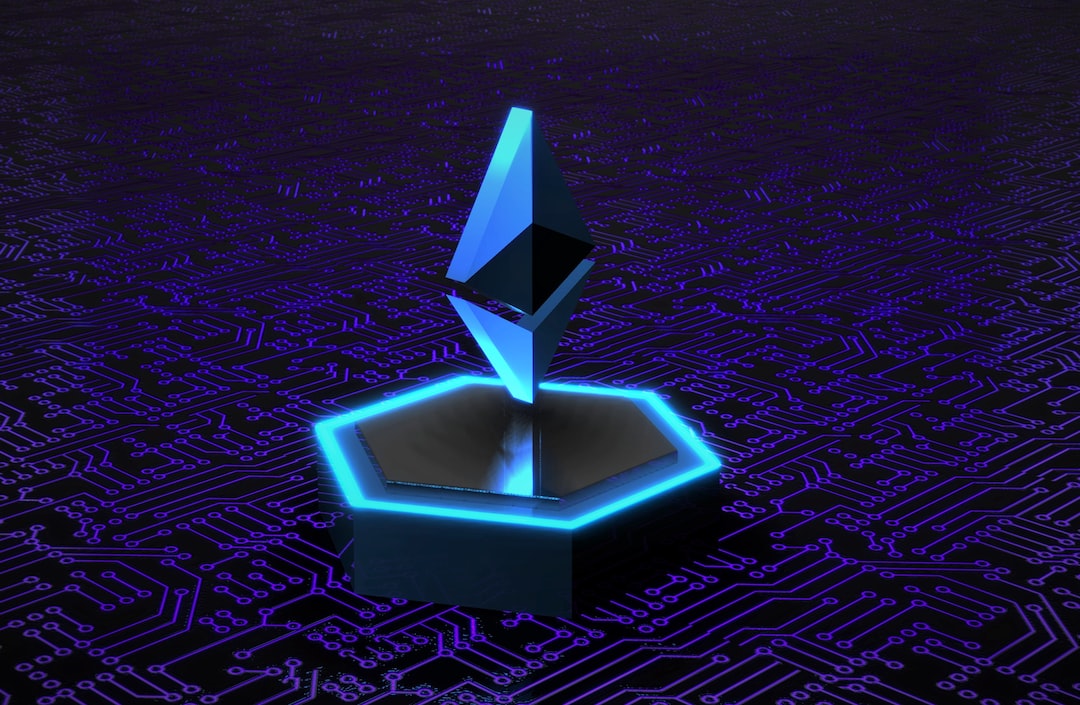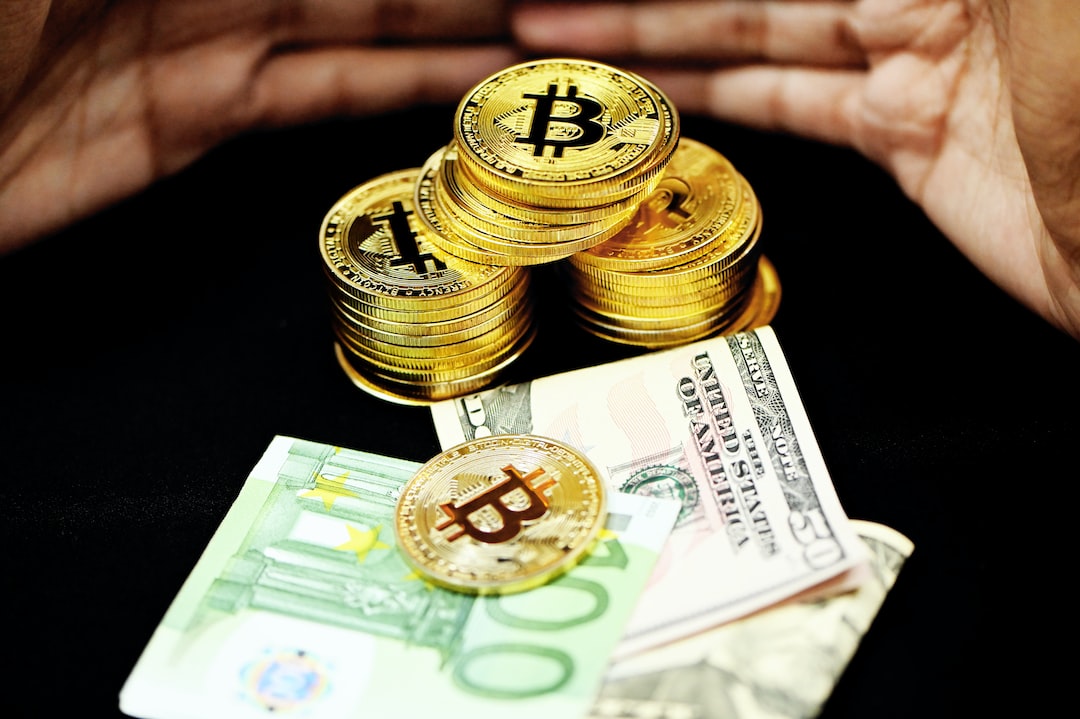SBF Team and Prosecutors Clash Over Voir Dire Questions
In a recent court proposal, the legal team representing Sam Bankman-Fried has requested to ask potential jurors a series of questions in order to gain insight into their views on cryptocurrencies and their potential biases. However, prosecutors have objected to these questions, arguing that they are unnecessary and could prejudice the jury against the government’s case.
The Battle for Advantage
This dispute over voir dire questions highlights the efforts made by both sides to sway the outcome of the trial before it even begins. The selection of an impartial jury is crucial in the case against Bankman-Fried, who is accused of orchestrating one of the largest financial frauds in U.S. history. Jury selection is scheduled to commence on October 3.
Defense’s Requested Questions
Bankman-Fried’s attorneys have put forth a range of questions they wish to ask potential jurors. These include inquiries about their ability to ignore pre-trial publicity, their opinions on effective altruism, and whether they or their loved ones have attention deficit hyperactivity disorder (ADHD) like the defendant.
Prosecutors’ Objections
Prosecutors have raised concerns about the defense’s proposed questions. They argue that open-ended queries about pre-trial publicity are intrusive and unnecessary, asserting that jurors simply need to affirm their impartiality. Additionally, they dispute the relevance of asking about ADHD, stating that Bankman-Fried’s medication and alleged use of behavioral eccentricity make such inquiries unwarranted.
A Defense Narrative?
One particular objection from prosecutors relates to the defense’s question about jurors’ views on effective altruism. They contend that this line of questioning seeks to portray Bankman-Fried as a do-gooder, advancing a narrative that may be misleading or irrelevant to the case at hand.
Prosecutors’ Proposed Questions
Prosecutors have submitted their own set of voir dire questions, which they describe as standard and neutral. These questions include whether potential jurors are familiar with Bankman-Fried or have experience in the cryptocurrency industry, as well as their ability to impartially evaluate evidence presented by cooperators against the FTX founder.
The Road Ahead
Jury selection is expected to last up to two weeks for Bankman-Fried’s trial. If convicted on charges of fraud, conspiracy, and money laundering, the 30-year-old could face a maximum sentence of 115 years in prison. Bankman-Fried has pleaded not guilty to all charges.
Hot Take: Ensuring a Fair Trial Through Jury Selection
The clash between Sam Bankman-Fried’s defense team and the prosecutors over voir dire questions underscores the importance of jury selection in securing a fair trial. Each side seeks to shape the composition of the jury and elicit information that can influence their chances of success. Balancing the need for an impartial jury with the defense’s desire to uncover potential biases is a delicate process. As this high-profile trial unfolds, it remains to be seen how these disputes will be resolved and what impact they will have on the final outcome.





 By
By
 By
By
 By
By

 By
By
 By
By